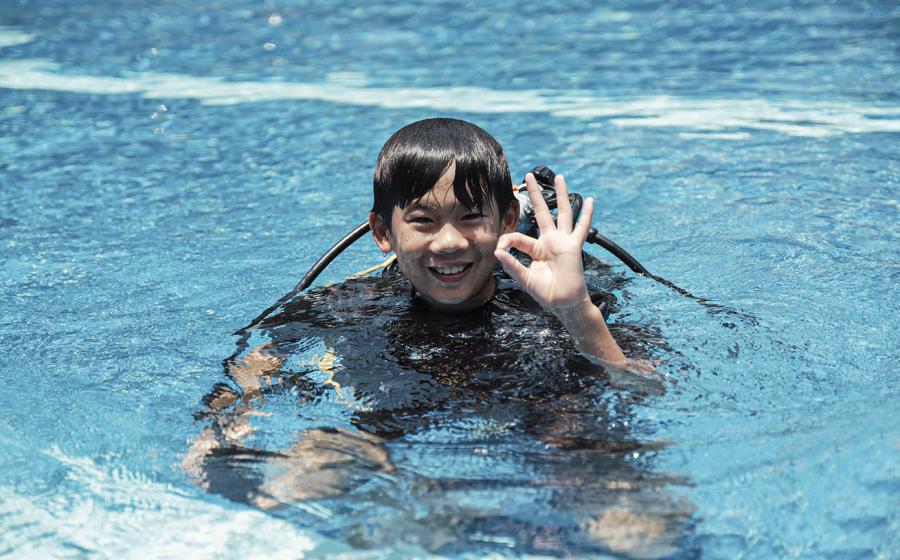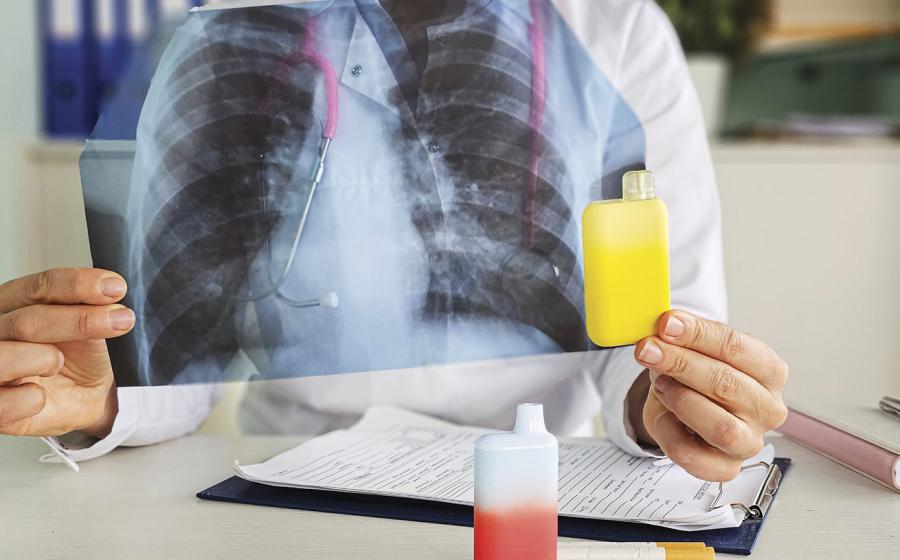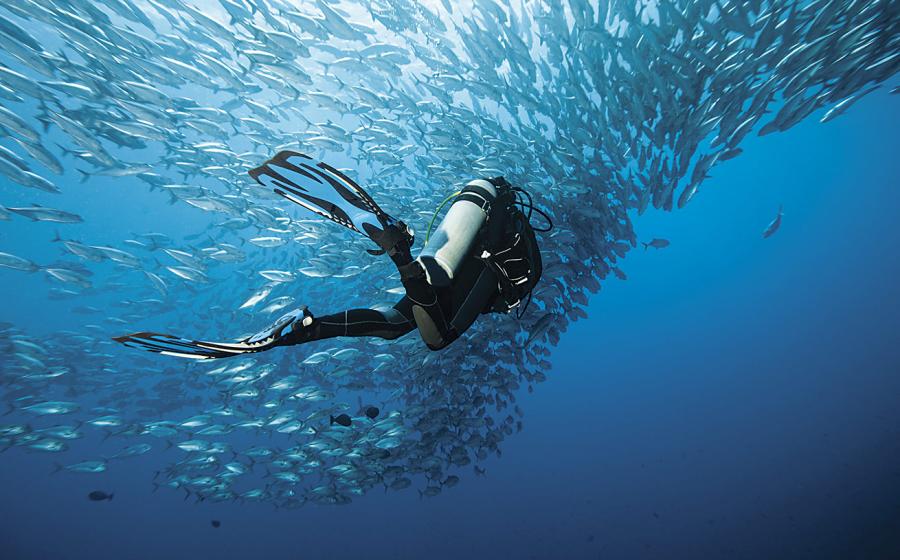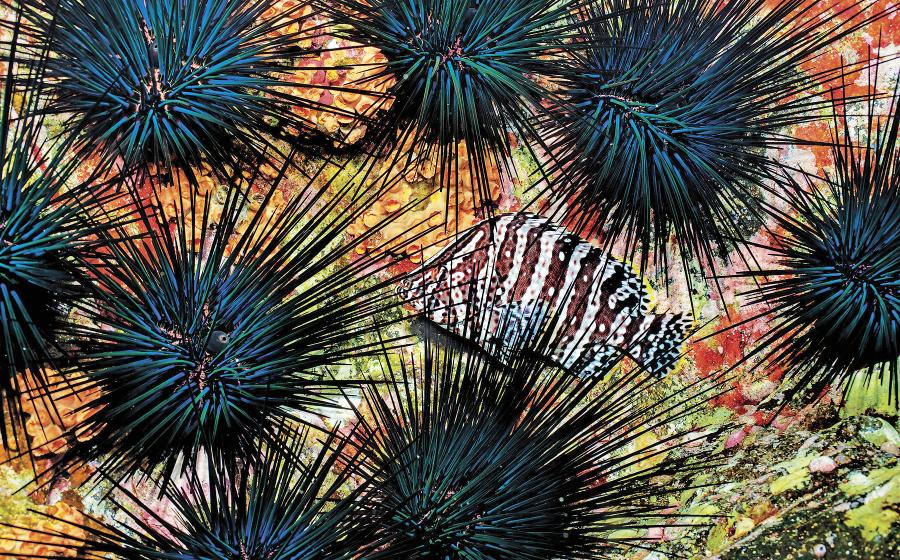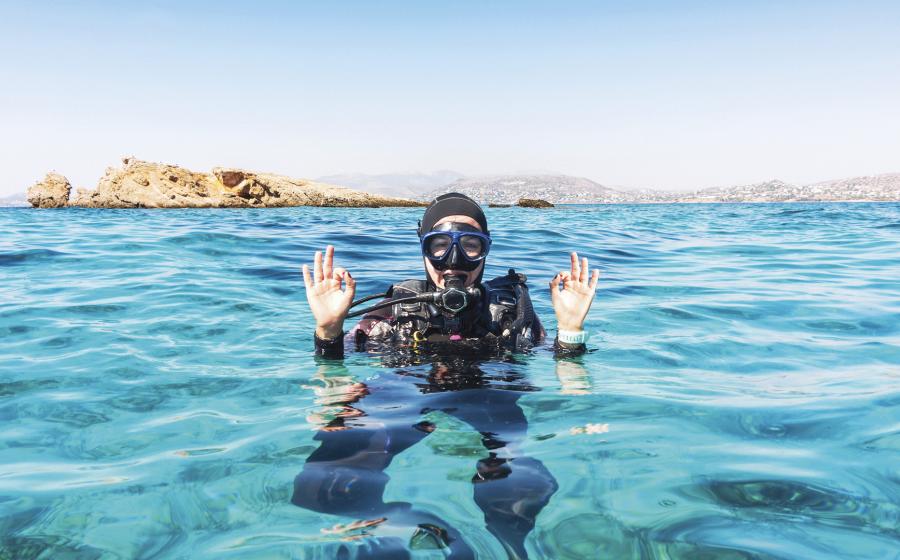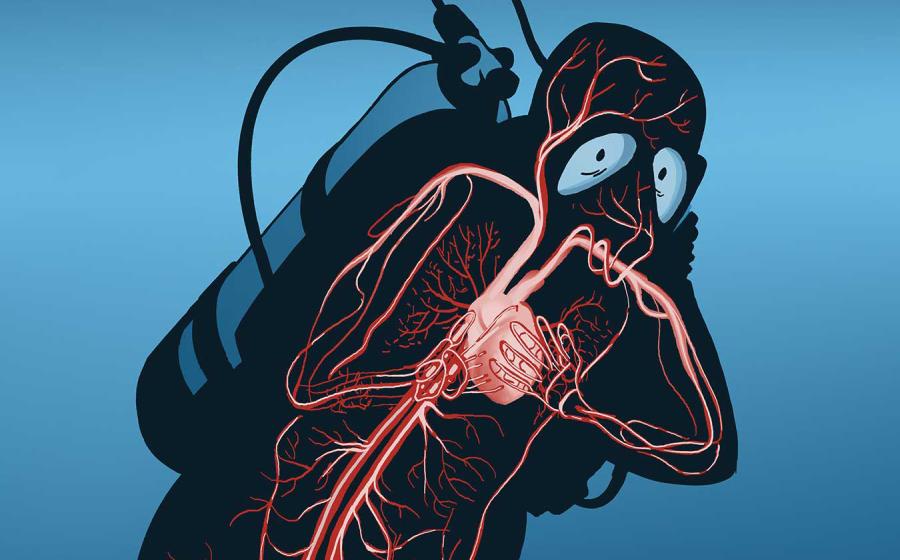Diving can be a fantastic experience for children, but it requires careful planning, medical evaluation and safety measures. Here's what you need to know about children and diving.
Safety & Health Articles
People have been using tobacco for millennia, but vapes are still relatively new to the market. How does this alternative cigarette affect your body—and what does it do to your ability to dive?
Diving inherently requires some degree of fitness, but certain dives require more strength and stamina than others. Here's how staying fit can make you a better (and safer) diver.
Sea urchins pose a hazards to unwary divers. Understanding how to avoid, identify and treat these injuries is crucial for a safe and enjoyable diving experience.
Divers have a lot of tasks to juggle while in the water, and it can get overwhelming. Here's how to efficiently manage your task load and maximize your safety and comfort in the water.
Ask a group of divers to share the most important piece of equipment they dive with, and you're likely to get as many answers as you have divers. Here, we make the case that it's actually the one thing you can't purchase at a dive shop: your mental well-being.
It's wise to schedule a medical checkup before embarking on a dive trip—even better if you can see a doctor who specializes in diving. Thankfully, there are resources to help you find one.
New divers might be especially eager to don their fins and get in the water, but scuba diving should never be rushed. Here's why it's important to thoroughly handle all pre-dive preparations—including accurately filling out your medical questionnaire.

